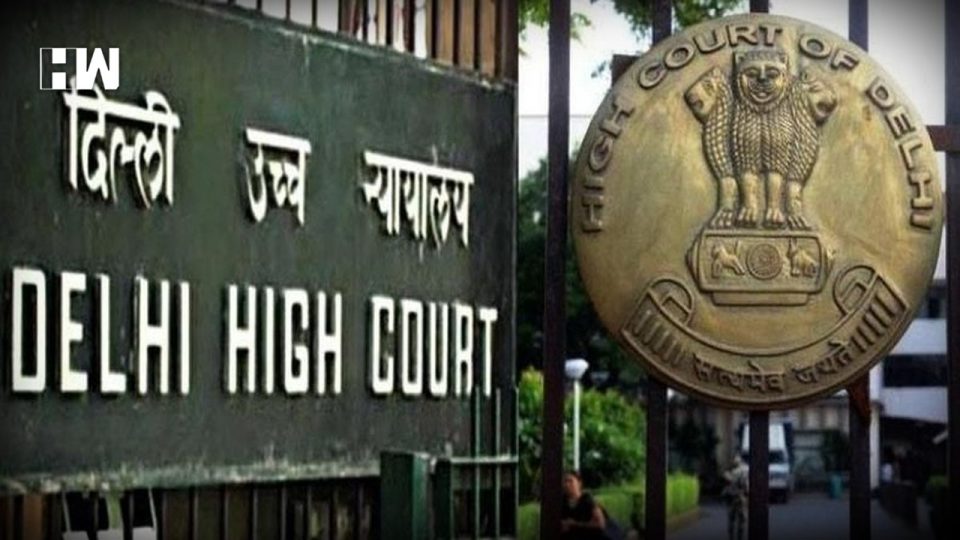Senior Advocate Kapil Sibal, appearing for Congress leader DK Shivakumar, on Thursday told Delhi High Court that the commencement and continuation of investigation in the second Enforcement Case Information Report
New Delhi: Senior Advocate Kapil Sibal, appearing for Congress leader DK Shivakumar, on Thursday told Delhi High Court that the commencement and continuation of investigation in the second Enforcement Case Information Report (ECIR) is wholly without jurisdiction and is in grave violation of the fundamental rights of the petitioner, DK Shivakumar.
The submission made during the hearing of the plea moved by DK Shivakumar stating the impugned investigation in the second ECIR is nothing but an attempt by the ED to re-investigate the same set of facts which have already been investigated in the first ECIR. The petitioner DK Shivakumar contends that the ED in the impugned proceedings is re-investigating the same offence that it had already investigated in a previous case lodged by it in ECIR 2018. The impugned proceedings have been initiated in complete abuse of process of law and malafide exercise of powers vested with the respondent stated in the plea.
The investigation by the respondent (ED) in ECIR 2020 is directly infringing the constitutional right guaranteed under Article 20(2) of the Constitution of India and Section 300 of the CrPC, submitted the Senior Advocate Kapil Sibal, appearing for Congress leader DK Shivakumar.
Advocates Mayank Jain, Parmatma Singh and Madhur Jain also appeared for the Petitioner DK Shivakumar.
ED in its reply states that the present impugned ECIR relates to a completely different scheduled offence of Section 13(2) read with section 13(1)(e) of the Prevention of Corruption Act, 1988, emanating out of a different FIR dated 03.10.2020 registered after a preliminary enquiry done by CBI/ACB Bangalore and it was found that the Petitioner and his family are in possession of disproportionate assets during the check period 01.04.2013 to 30.04.2018.
Additional Solicitor General SV Raju appearing for ED submitted that the above facts clearly demonstrate that the second ECIR relates to a different scheduled offence; it relates to a different period i.e. it relates to the check period 01.04.2013 to 30.04.2018 which is a larger period than what was under investigation in the first ECIR and thirdly, the nature of the proceeds of crime are also different. Therefore, the two scheduled offences being distinct in nature and quantum of proceeds of crime as well as the period during which the scheduled offences have been committed are also different.
ED further stated that it is well settled that the same set of facts may give rise to different offences and separate prosecution and punishment under different statutes. Therefore, the present petition is wholly misconceived and misdirected and seeks to raise issues which are well-settled against the petitioner.
The Bench of Justice Mukta Gupta and Justice Poonam A Bamba fixed the matter for January 31, 2023, for a further detailed hearing.
Petitioner through plea also sought a declaration that Section 13 of the Prevention of Money Laundering (Amendment) Act, 2009 which included Section 13 of the Prevention of Corruption Act in the Schedule of PML Act is ultra vires the Constitution of India.
Also, Read: Delhi: SC To Hear Pleas On Electoral Bonds Scheme In January Last Week
According to the DK Shivakumar plea, the predicate offence in the first ECIR was Section 120B IPC and the allegations were that the petitioner in abuse of his official position conspired with others to launder illegal money acquired during the period he served as the Minister and MLA in the State of Kamataka. The predicate offence in the 2nd ECIR alleges the acquisition of assets by the petitioner during the period between 2013 to 2018 disproportionate to his known sources of income.
This clearly shows that the investigation under the PMLA offence is identical in both cases. The respondent in the 1st ECIR had sought custody of the petitioner primarily to investigate the issue pertaining to the growth in assets of the petitioner during the period he served as the Minister and MLA in the State of Kamataka. The commencement of fresh proceedings under the PML Act on identical facts and covering the same period is directly infringing the rights guaranteed under the Constitution more particularly A1iicle 20(2) and Article 21, the plea stated.
Congress leader DK Shivakumar, a seven-time MLA in Karnataka, was booked along with Haumanthaiah — an employee at Karnataka Bhavan in New Delhi — and others over charges of corruption and money laundering under the Prevention of Money Laundering Act (PMLA).
After questioning DK Shivakumar for several times, the Enforcement Directorate (ED) arrested him on September 3, 2019, in a laundering money case and later Delhi High Court granted him bail in October 2019.
Shivakumar is presently on bail in a money laundering case registered by the Enforcement Directorate, based on a complaint filed by the Income Tax (IT) department. The I-T department, during the initial probe, had allegedly found unaccounted and misreported wealth linked to Shivakumar.
(Except for the headline, this story has not been edited by HW News staff and is published from a syndicated feed.)
As an independent media platform, we do not take advertisements from governments and corporate houses. It is you, our readers, who have supported us on our journey to do honest and unbiased journalism. Please contribute, so that we can continue to do the same in future.


Maharashtra Minister Abdul Sattar In Hot Water After Derogatory Comment Against MP Supriya Sule